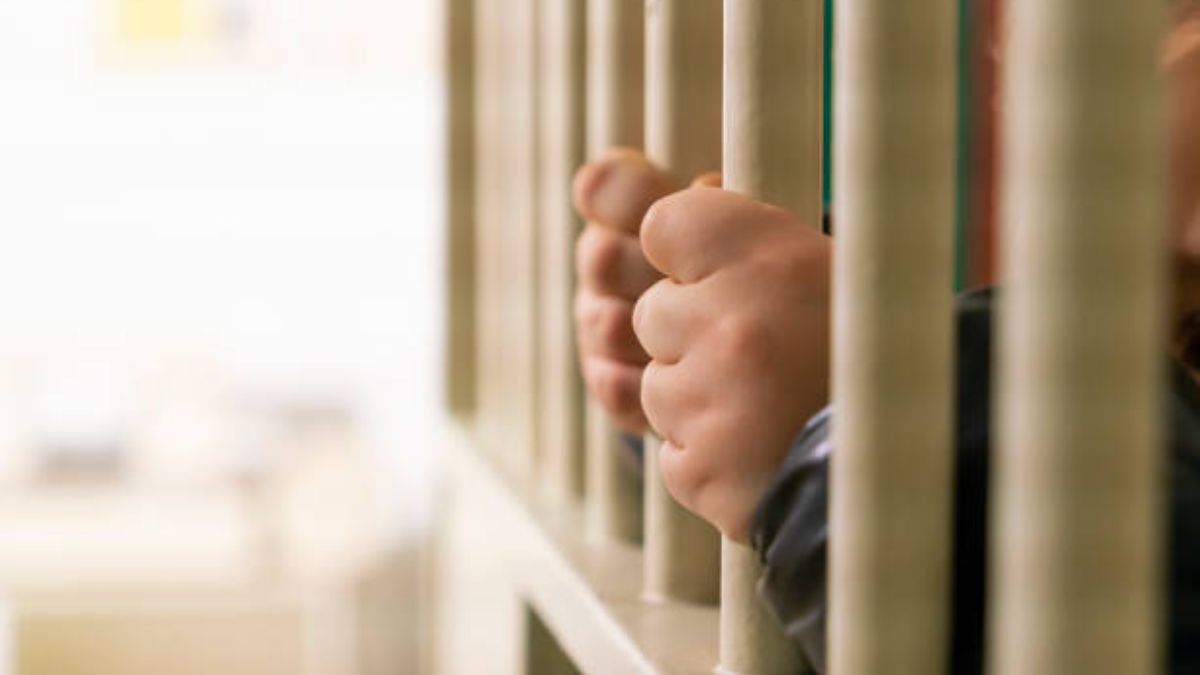Queensland’s controversial new laws, branded “Adult Crime, Adult Time,” have turned heads across Australia and internationally.
These reforms, aimed at addressing youth crime, have drawn sharp criticism from human rights organisations, legal experts, and Indigenous advocates.
What are the “Adult Crime, Adult Time” laws?
Under the Making Queensland Safer Bill 2024, children as young as 10 can now face the same penalties as adults for 13 designated offences, including murder, serious assault, and breaking and entering.
Previously, life sentences for young offenders were reserved for particularly heinous crimes, with a maximum penalty of 10 years for most cases. Now, children convicted of murder must serve mandatory life detention, with a non-parole period of 20 years.
Premier David Crisafulli, who made youth crime a central focus of his campaign, stated the need to prioritise victims’ rights. “These laws are for every Queenslander who has ever felt unsafe and been a victim of youth crime across our state,” he said. “We’ve delivered what Queenslanders voted for.”
The Making Queensland Safer Laws have passed Parliament. pic.twitter.com/JzAgRiwBSm
— David Crisafulli (@DavidCrisafulli) December 12, 2024
The legislation also removes provisions that made detention a last resort, expands the inclusion of prior criminal history in sentencing, and eliminates restorative justice orders, a victim-focused approach aimed at reducing reoffending.
What does the data tell us?
While the government framed the laws as a necessary response to a youth crime crisis, data tells a different story.
Statistics from the Australian Bureau of Statistics and the Queensland Police Service reveal that youth crime in Queensland has halved over the past 14 years, reaching its lowest point in recorded history in 2022.
Critics argue the narrative of escalating youth crime has been exaggerated to justify the punitive measures.
What are the concerns?
The laws have faced widespread condemnation both domestically and internationally. Australia’s Commissioner for Children, Anne Hollonds, called the changes an “international embarrassment,” highlighting research that shows harsher penalties often lead to higher rates of reoffending. “The younger a child comes into contact with the justice system, the more likely it is that they will continue to commit more serious crimes,” Hollonds noted.
The United Nations has also criticised the laws for violating international conventions on the rights of children. Ann Skelton, Chair of the UN Committee on the Rights of the Child, described them as a retreat from human rights.
Human rights advocates have pointed out the disproportionate impact on Indigenous children, who are already overrepresented in the justice system. Maggie Munn, First Nations Justice Director at the Human Rights Law Centre, stated, “Times like this make me wonder how the Premier can sleep at night knowing he is condemning Queensland children to an unbelievably bleak future.”
Media Release: Crisafulli Government's discriminatory laws will send more children to prison and override human rights. @Change_Record https://t.co/mhkQ3oySt4
— Human Rights Law Centre (@humanrightsHRLC) December 12, 2024
Blake Cansdale, National Director of Change the Record, argued, “Tough on crime measures do nothing to address the root causes of youth crime – intergenerational trauma, poverty, systemic racism, and inadequate access to support services.”
What kind of impact are we looking at?
Queensland’s youth detention system, already housing more children than any other state, is expected to face significant strain. Critics warn of “horrendous” conditions in overcrowded facilities, with some children likely to be held in police cells for extended periods.
Crisafulli acknowledged these challenges, stating, “In the short term, there will be some real pressure,” but promised a long-term plan to expand detention facilities.
The removal of “detention as a last resort” provisions has also sparked concerns about the rehabilitation of young offenders.
Rachana Rajan, Associate Legal Director at the Human Rights Law Centre, highlighted that prisons are not places of rehabilitation. “Instead of these dangerous laws, the government should be investing in community-led programs,” she urged.
Also Watch:
Supporters, including the Queensland Police Union, have praised the laws as a “leap forward,” arguing they restore accountability and protect victims. “The KPI is fewer victims of crime, and that is what will drive us all the time,” Crisafulli asserted.
Attorney-General Deb Frecklington added, “This will better address patterns of offending" and “hold people accountable for their actions.”
However, many legal experts warn of unintended consequences. Tougher sentences may dissuade young offenders from pleading guilty, leading to more trials and court delays. Others argue the rushed parliamentary process – with an inquiry lasting just eight days – failed to consider critical evidence.
With inputs from agencies


)

)
)
)
)
)
)
)
)



